Guatemala Partnership
Phase I: TRGT and La Paz Chattanooga Visit Guatemala
Guatemalan students showing TRGT and La Paz Chattanooga staff local bird species
Rick Huffines, TRGT, and Vivian Lozano, La Paz Chattanooga, talking with elementary school students in Guatemala about bird migration
The conservation and land management decisions we make here in Chattanooga not only affect our local ecosystems, but also the environment in areas such as Petén, Guatemala. Migratory birds are a wonderful example of this fascinating interconnectivity. The migratory birds that come to breed in the TN River Gorge each year spend over half of their year on distant wintering grounds or migration routes. Therefore, land-use changes on these wintering grounds or migration routes can have profound effects on the spring and summer populations of migratory birds that we witness here in the Gorge, and vice-versa. The Tennessee River Gorge Trust has partnered with La Paz (a local nonprofit that provides social services for Latino families) and the Lyndhurst Foundation to develop a cultural and scientific exchange between the communities of the greater Chattanooga area and Petén, Guatemala. This exchange would serve as a way to connect the two communities while incorporating our Hispanic and Latino communities through the nexus of neotropical bird migration. Many of the same birds that migrate here every Spring to breed, such as the Louisiana Waterthrush and Worm-eating Warbler, come from the same Central American countries that are the former homes to many of our Latino community members here in Chattanooga. The birds and people demonstrate how we are all much more connected than we often think.
On our initial trip to Guatemala in the summer of 2018, TRGT connected with bird researchers, educators, and eco-tourism guides working in certain regions that the two focal bird species spend their winters. TRGT and La Paz staff traveled to multiple classrooms to discuss the project and share letters, artwork, and videos from students in Chattanooga. The enthusiastic Guatemalan students then sent us back home with materials to share with the Chattanooga students. TRGT staff also held meetings with bird researchers and eco-tourism guides to share each others’ research and discuss future partnership ideas. Now that we have established working relationships and initiated educational programs, TRGT moved onto the next phase to bring the Guatemalan conservationists to Chattanooga to take part in a scientific and cultural exchange within the local community. The group began collaborating to plan for multiple lecture series in which the visiting Guatemalan partners would present their projects and engage in a community dialogue exposing the ecological connection between the two areas through wildlife migration. La Paz and TGRT have also connected classrooms in Chattanooga with classes in the Petén region to initiative a cultural exchange through an international dialogue among students.
Phase II: Our Guatemalan Partners Visit Tennessee
Marcial Cordova holding a banded Louisiana Waterthush in Tennessee
TRGT and La Paz staff with our Guatemalan partners
In the spring of 2019, TRGT brought our Guatemalan partners to Tennessee to continue this cultural and scientific exchange. Representatives of the Petén Birders Association and the Wildlife Conservation Society flew over the Gulf of Mexico, just as our shared Louisiana Waterthrush had done, and arrived to an exciting two weeks. The group traveled to Chattanooga area schools, community lectures, and meetings in which we personally engaged over 480 people. Each day before we met school groups and community members, our Guatemalan partners accompanied the TRGT bird research team in the field to capture Louisiana Waterthrush that had just traveled from Central America themselves. To learn more about our Guatemalan partners’ visit to the Tennessee River Gorge, check out this blog post or click the “learn more” button below.
This program taught us and the broader community how connected we all are and emphasized our shared responsibility to protect the species that call both places home. This exchange is still growing. We have partnered with Velo Coffee Roasters on a microlot coffee sourced from Guatemala. The proceeds from this coffee will support the Petén Birders Association in their mission to promote bird conservation and environmental education in the Petén region of Guatemala. For more information about this product, click here.
To learn more about the Petén Birders Association, click here. In addition to facilitating environmental education, the group leads incredible eco-tourism and birding hikes in the beautiful jungles of the Petén region. The group also acts as a community advocate for protecting the jungles of Petén. With the impending threat of oil palm development and other land uses that are incompatible with wildlife conservation, the group is attempting to show residents other ways to make profits from their land while balancing the health of the ecosystem, such as eco-tourism.
Intercambio
A short video of our partnership and the meaningful moments
Photo Gallery
Pictures from the trips between Petén and Tennessee and the wonderful people we met along the way
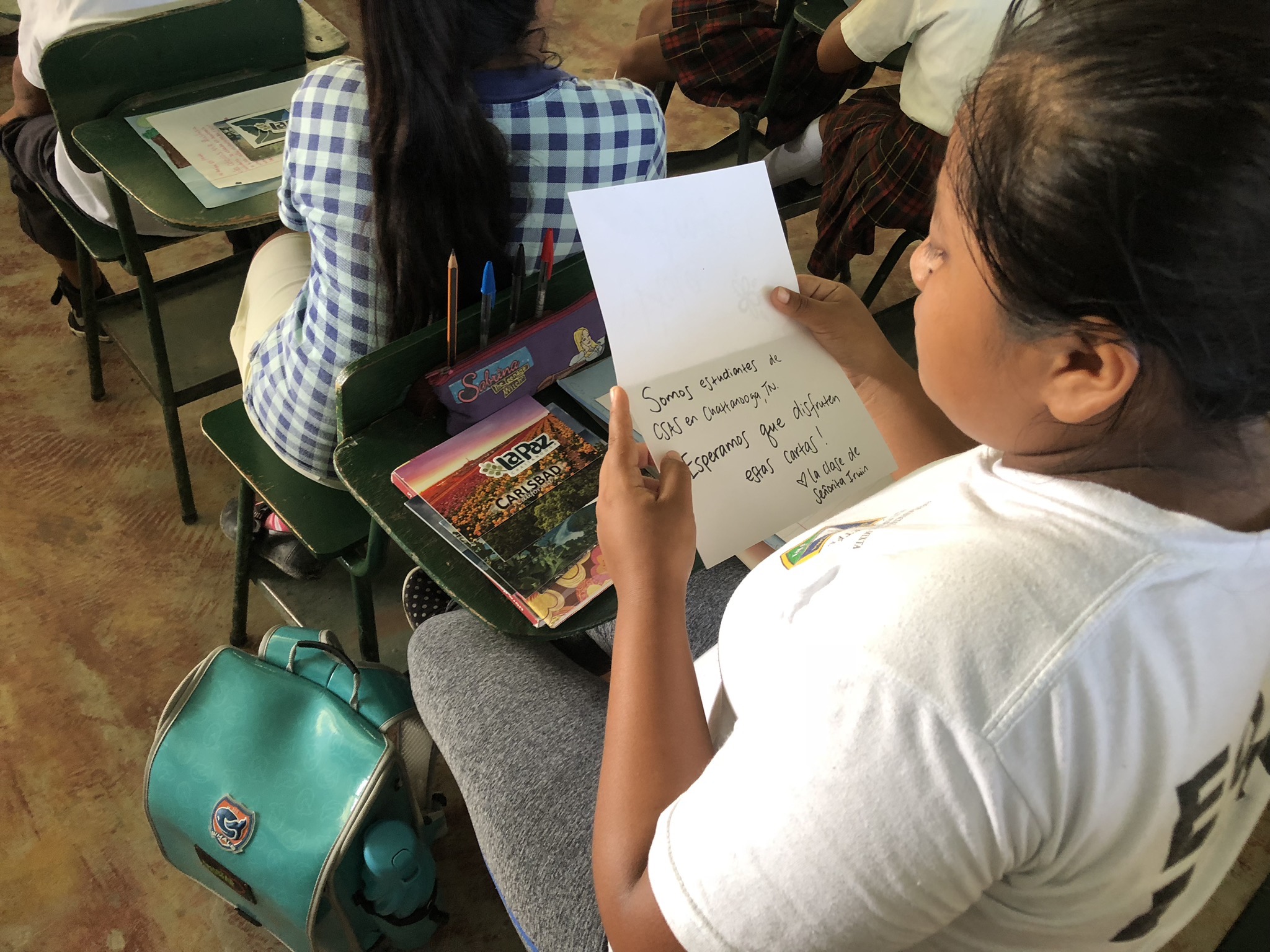
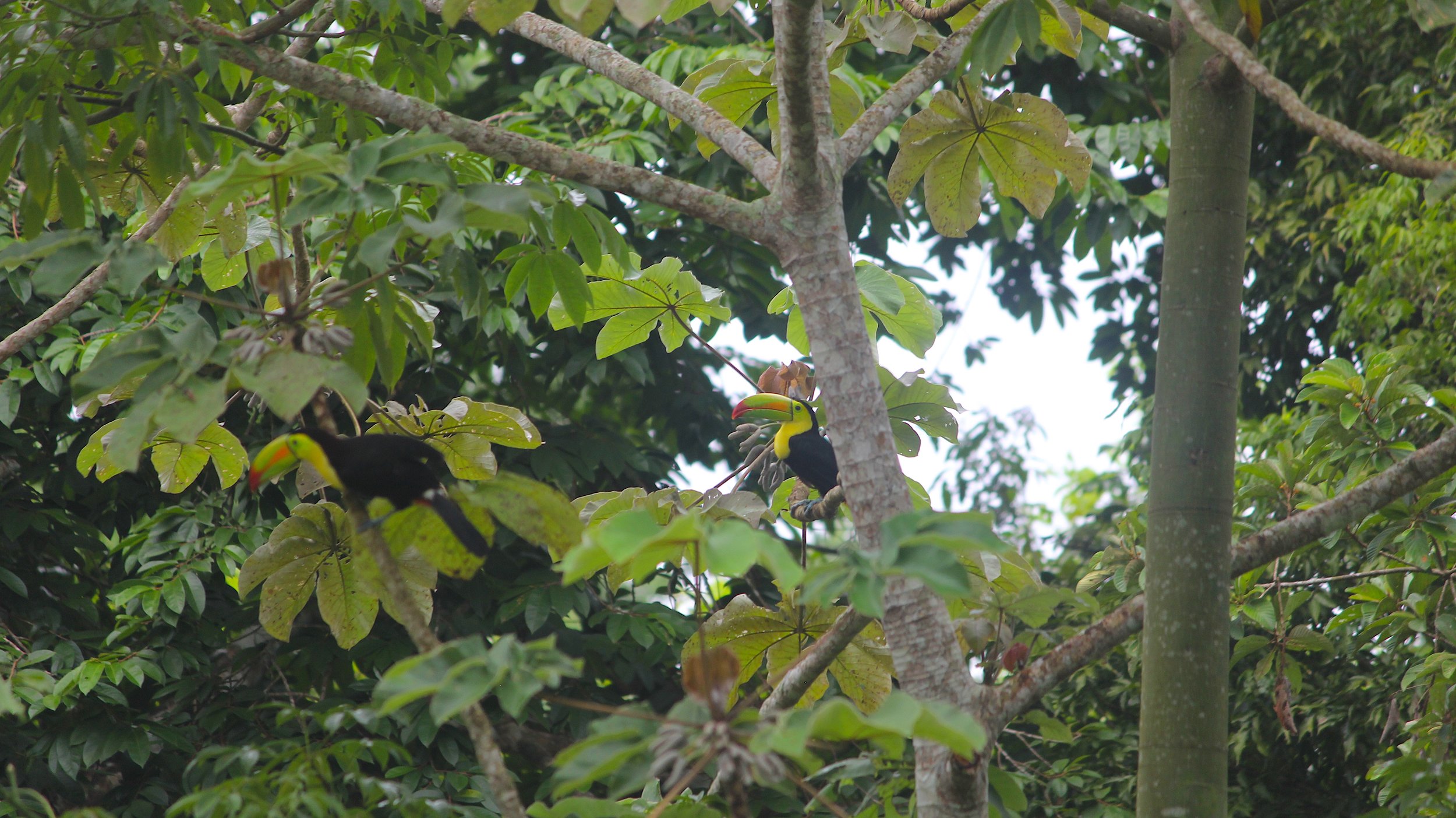
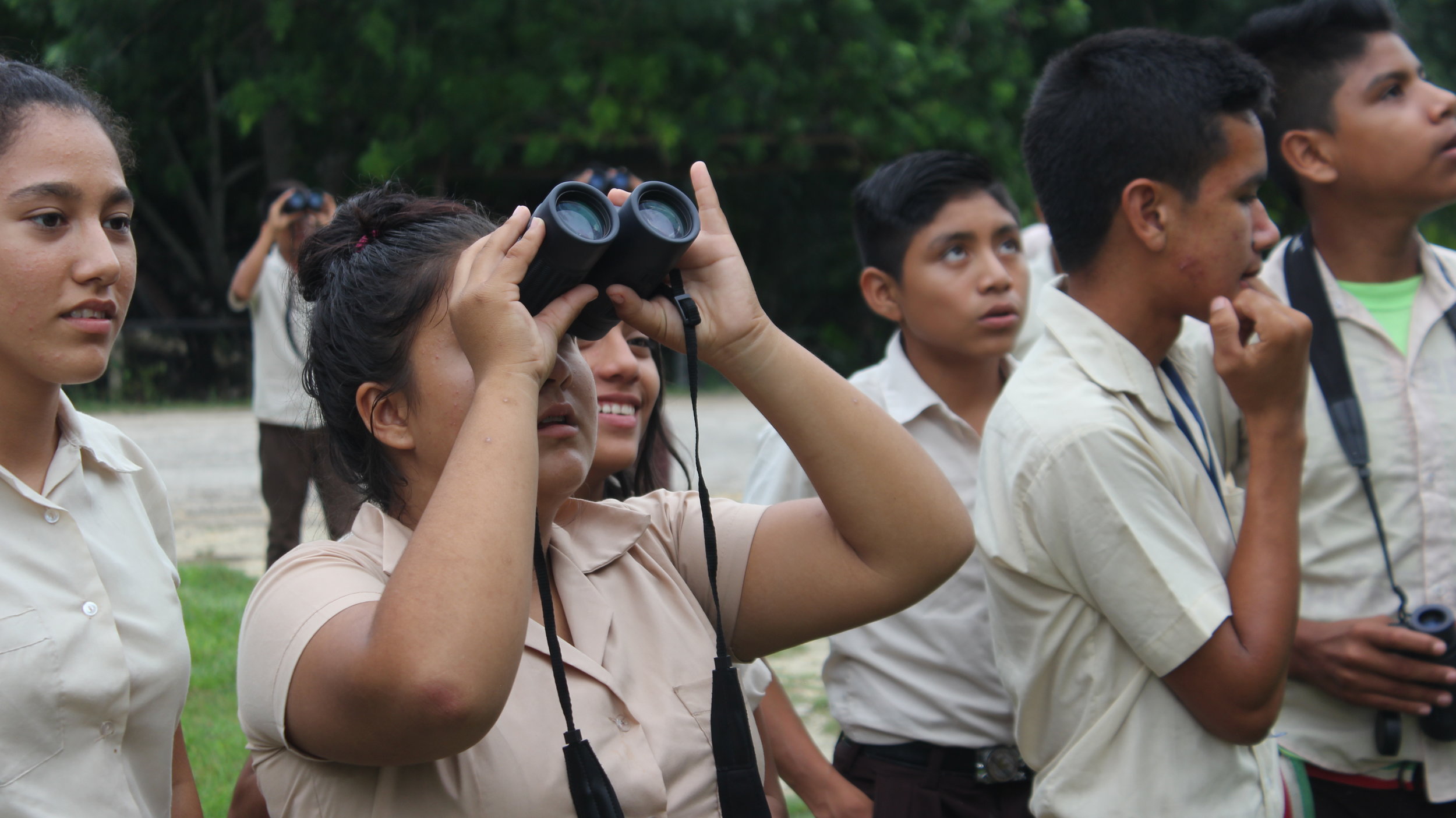
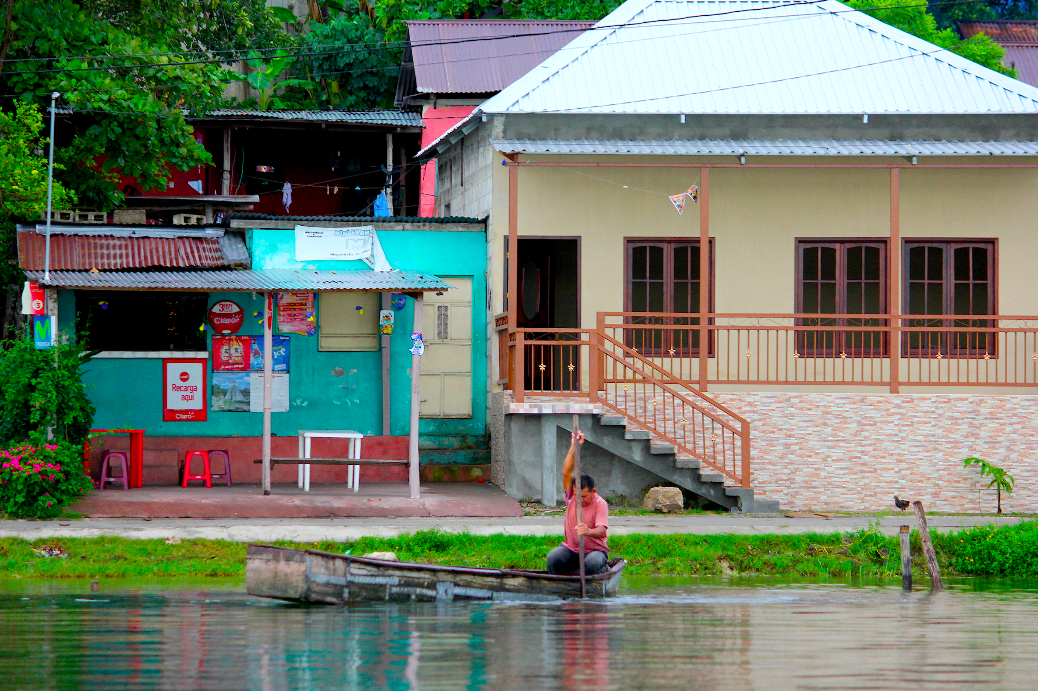
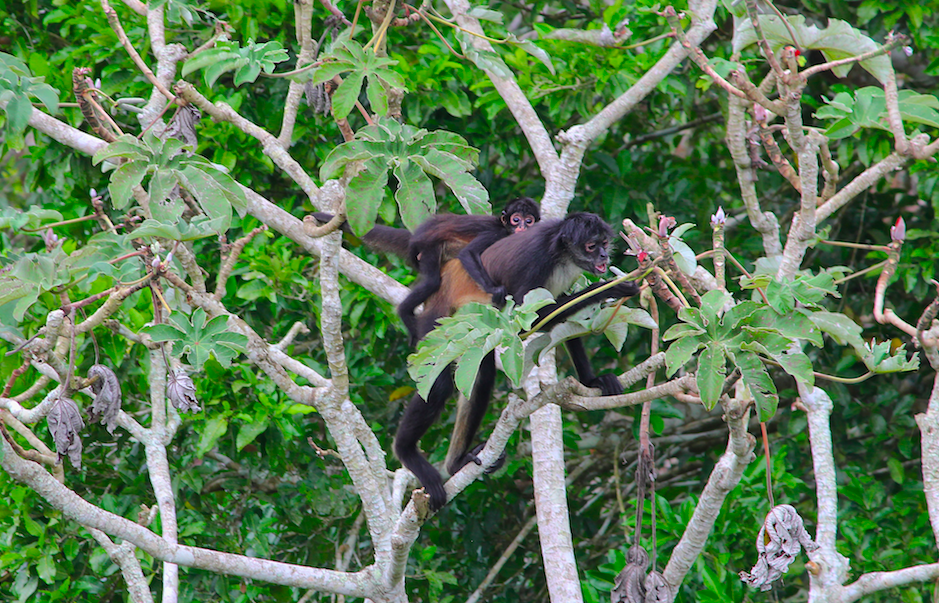
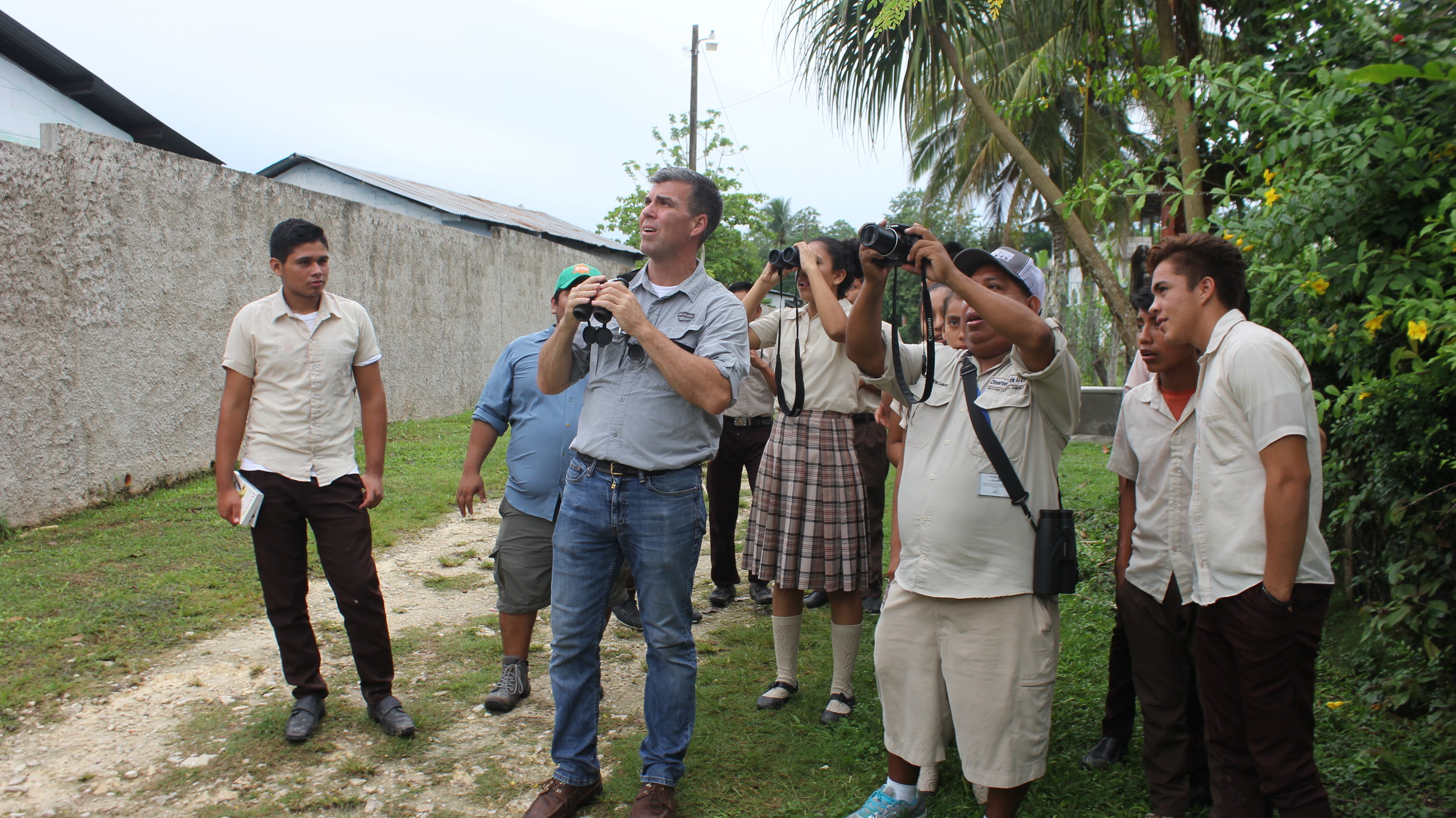
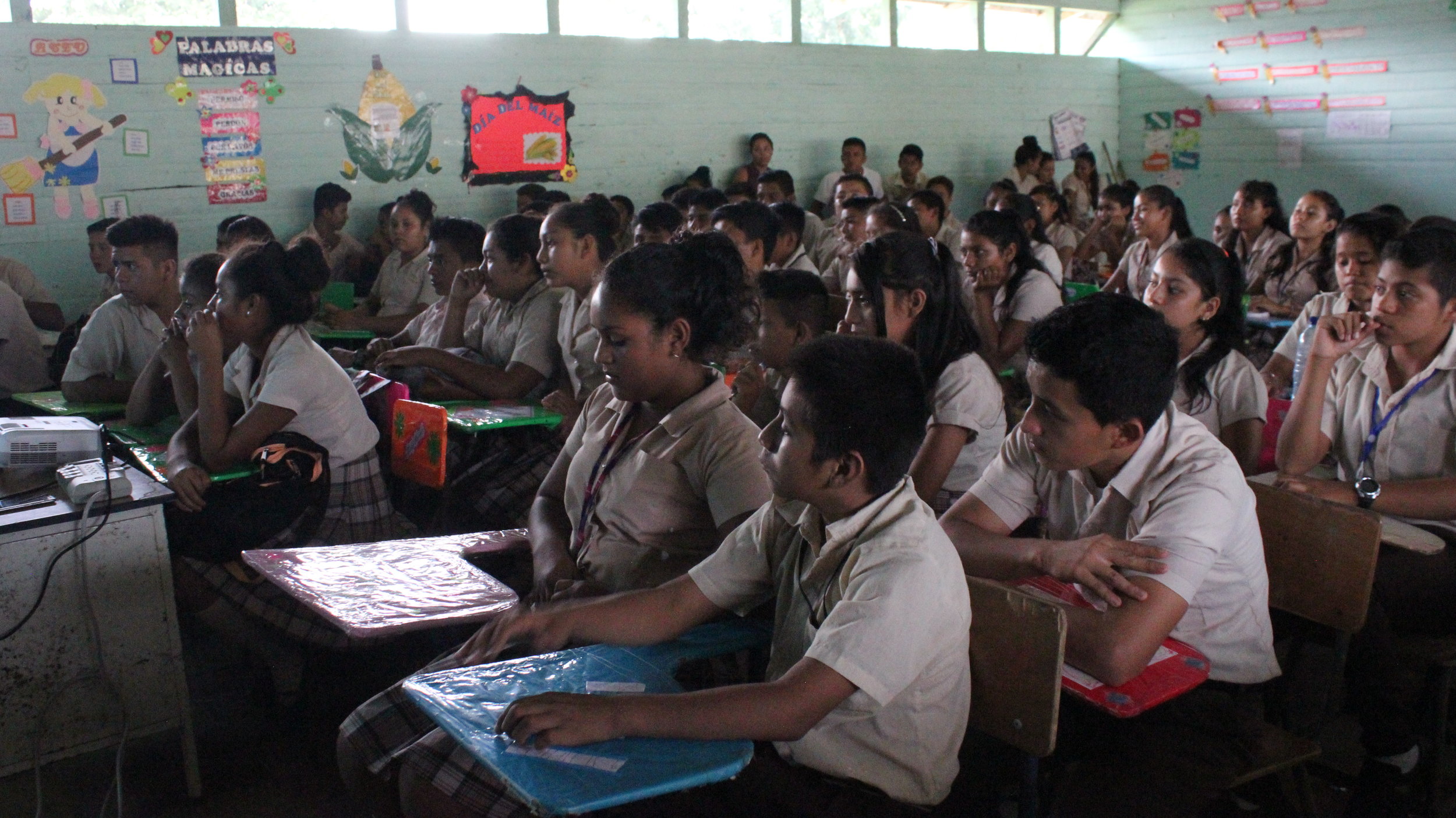
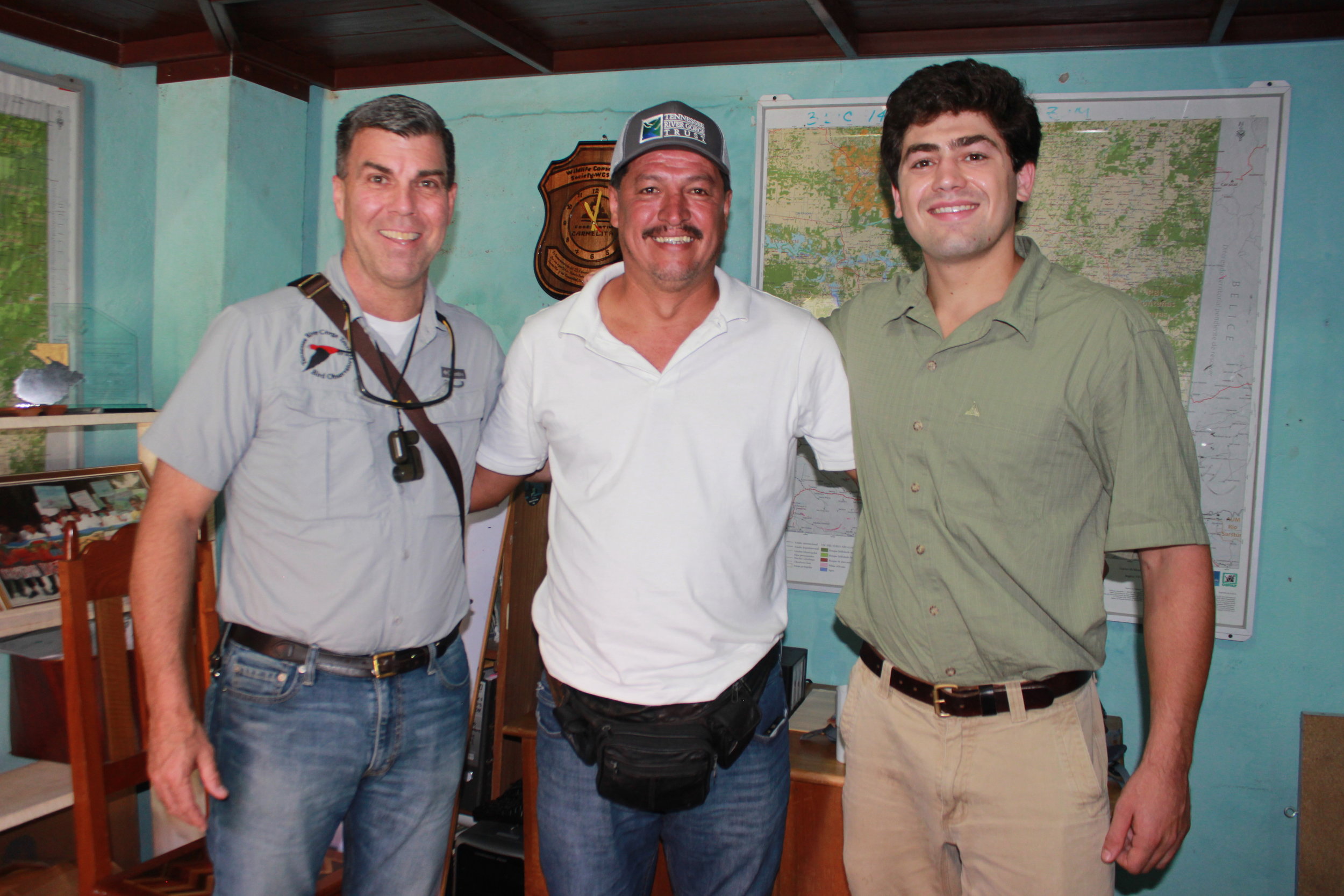
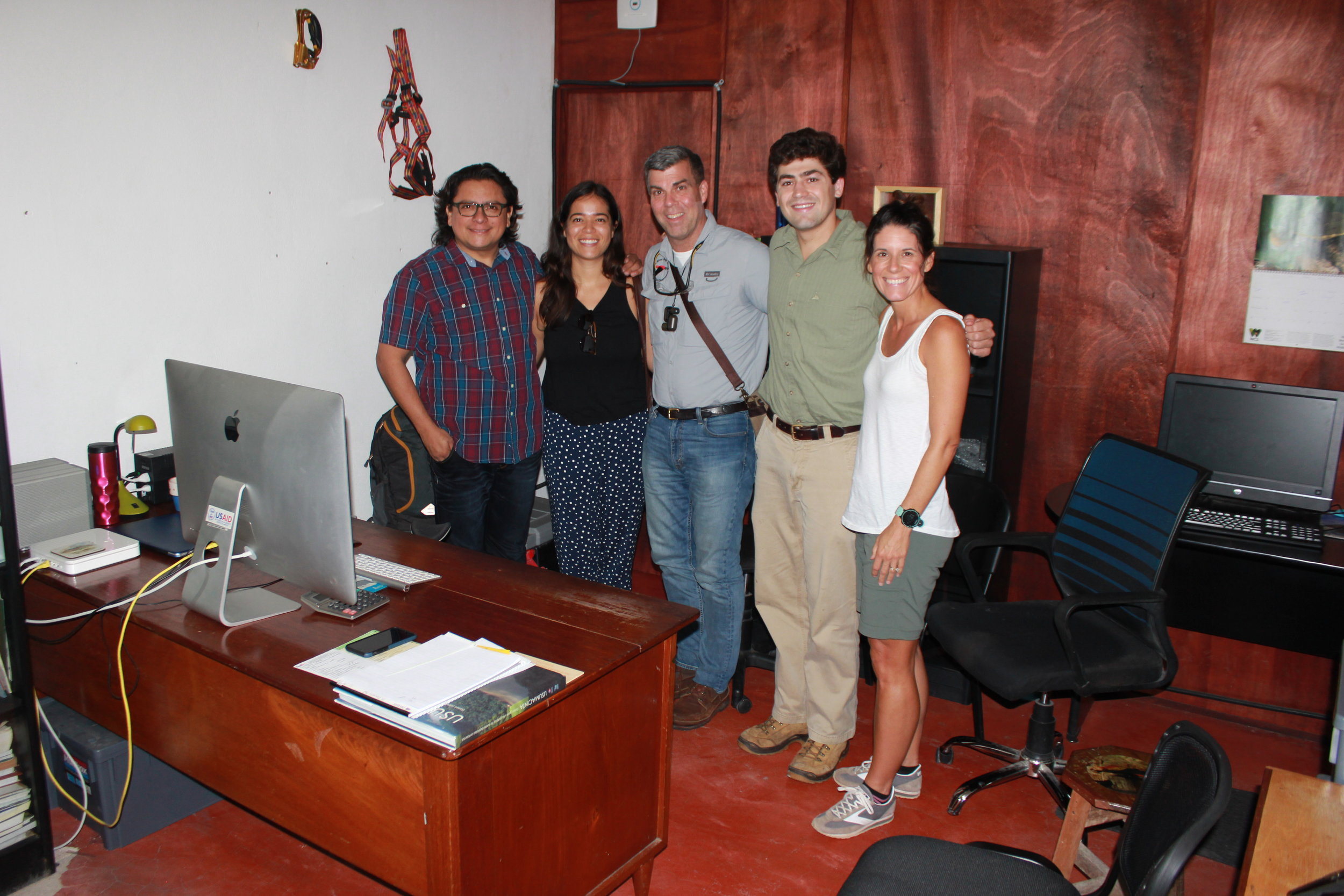
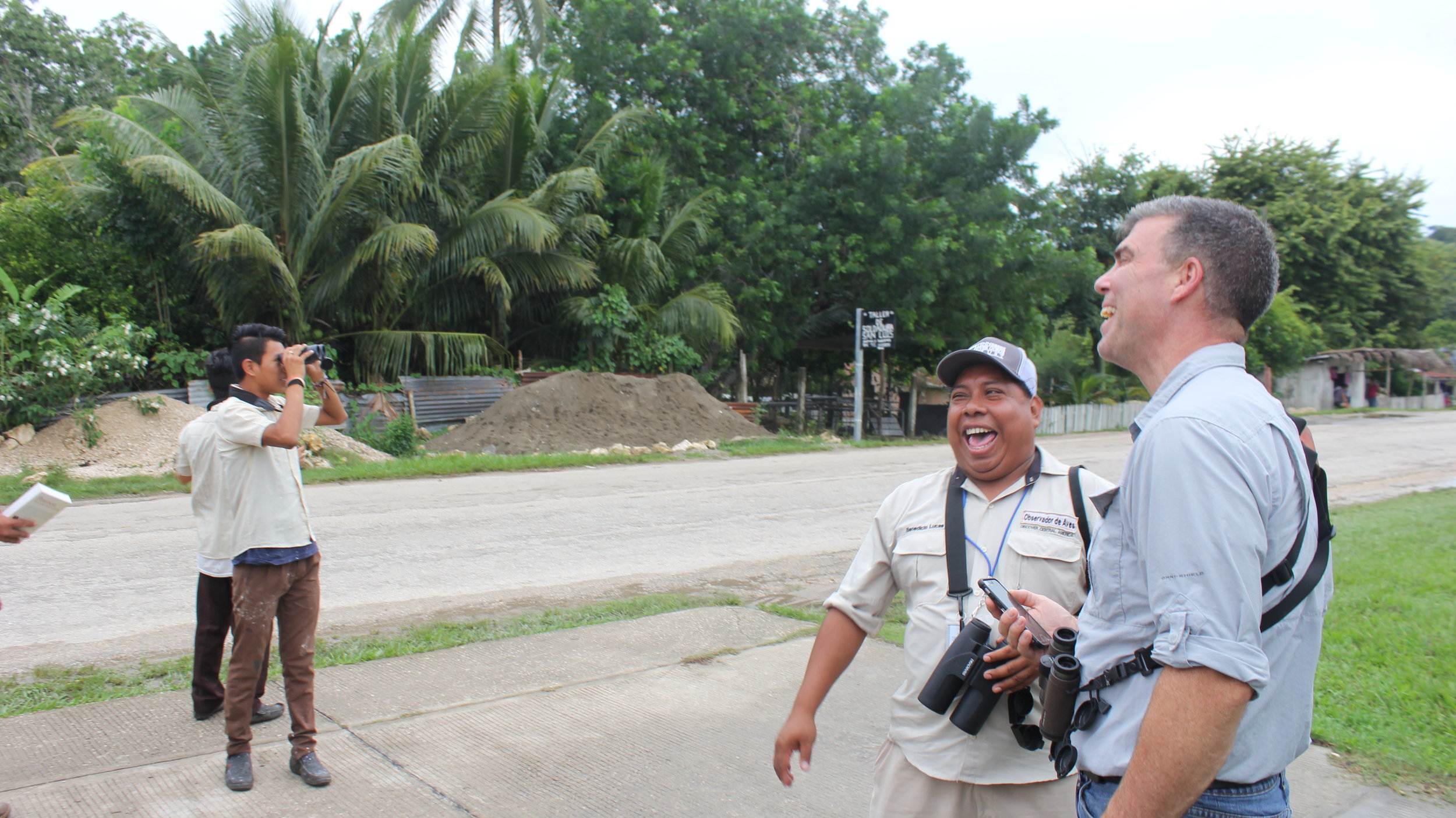
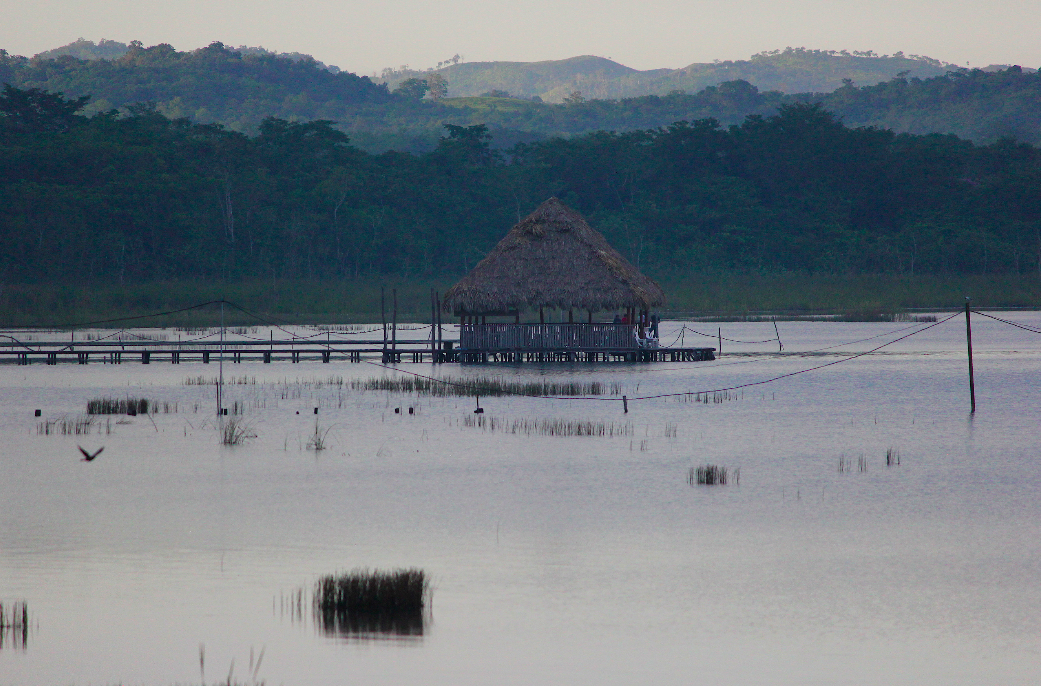
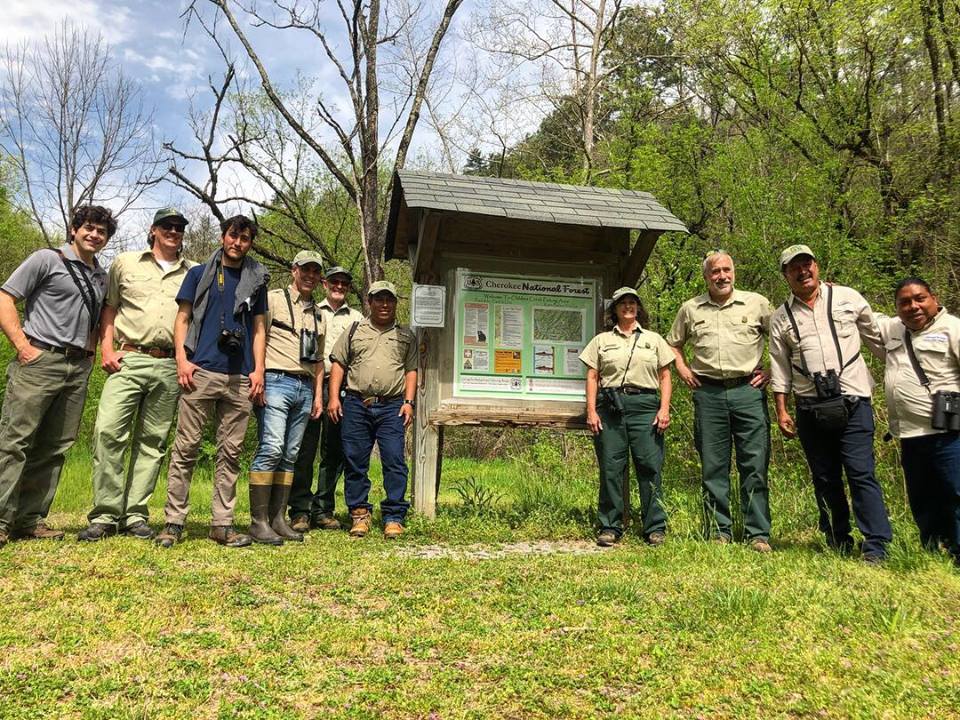
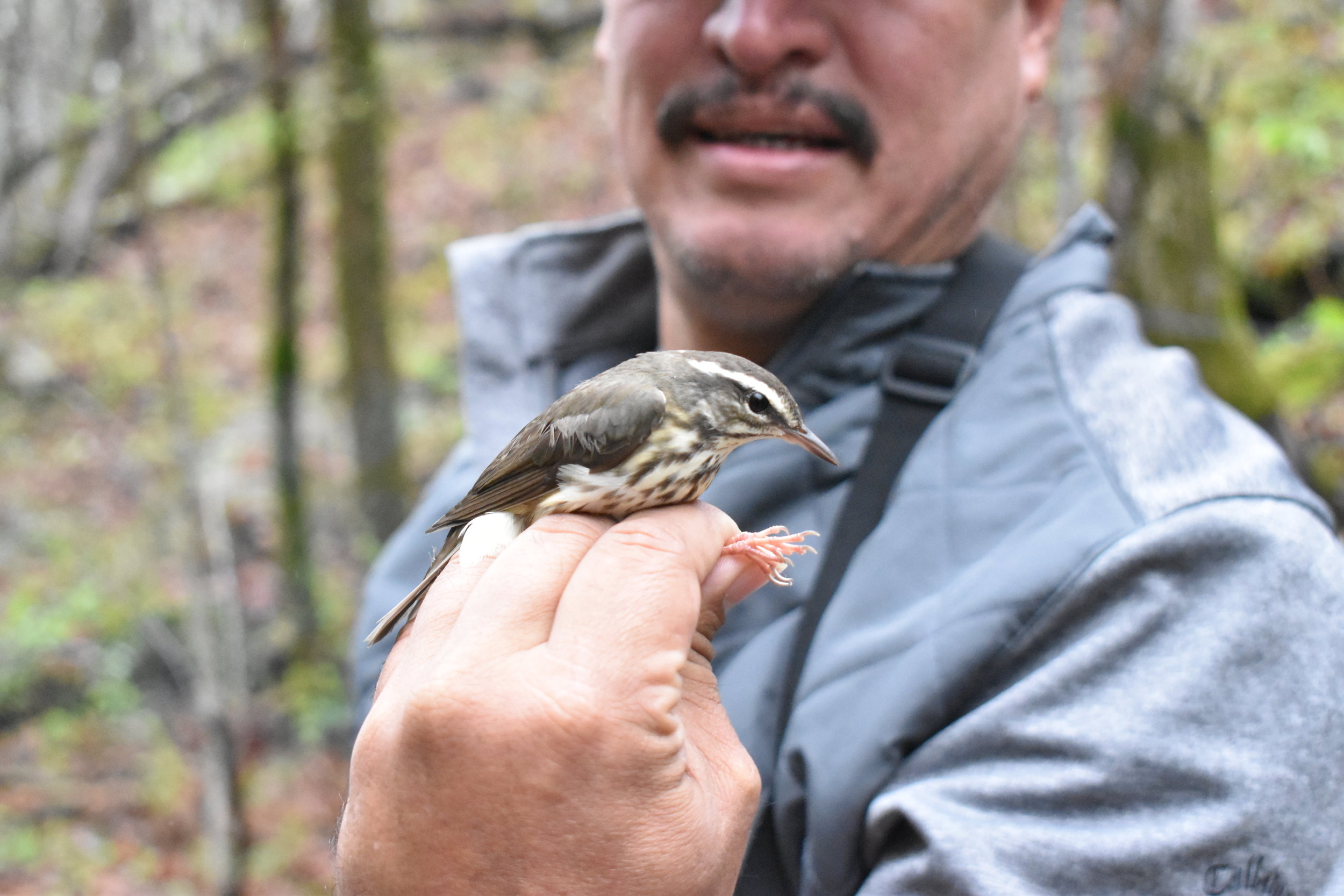
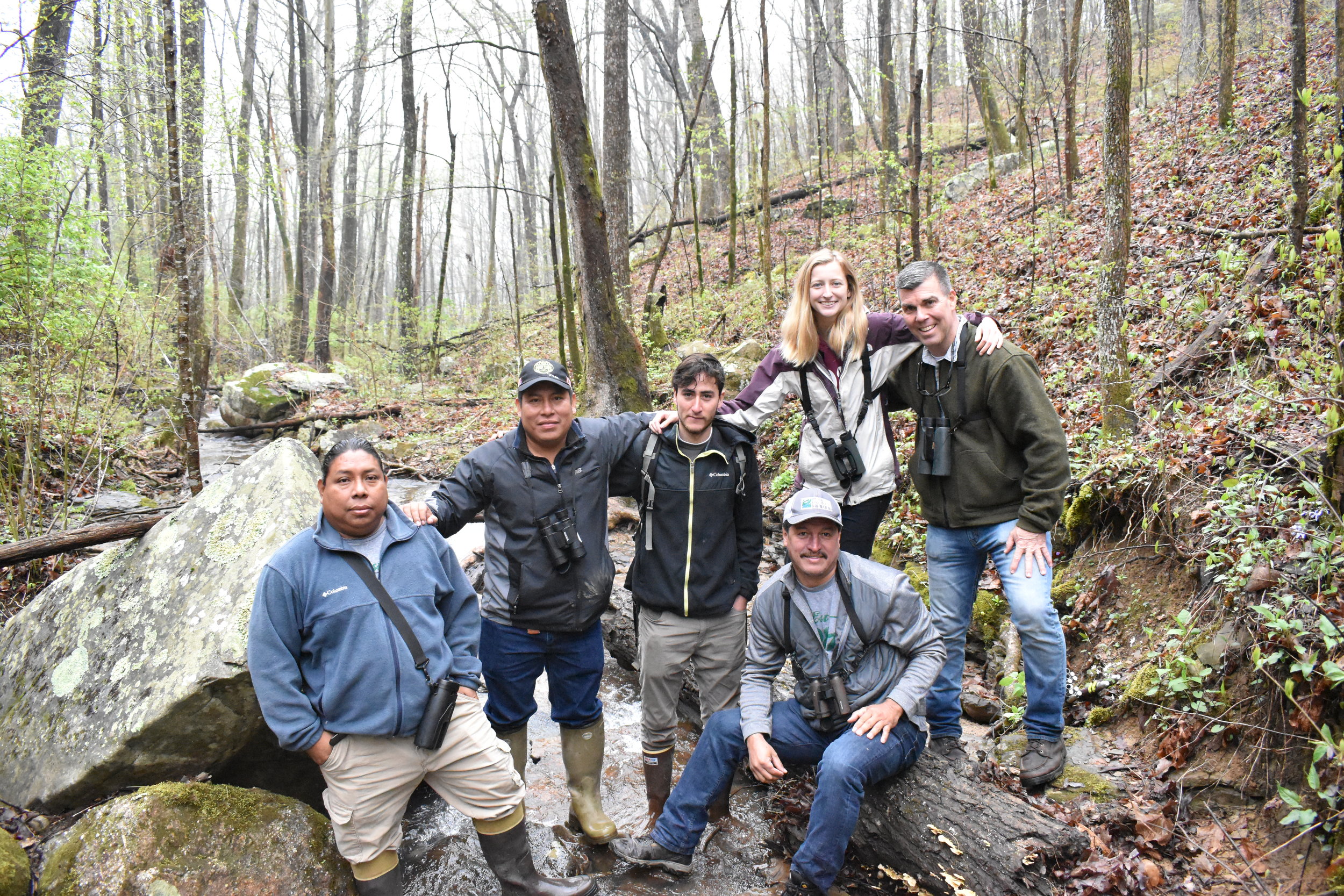
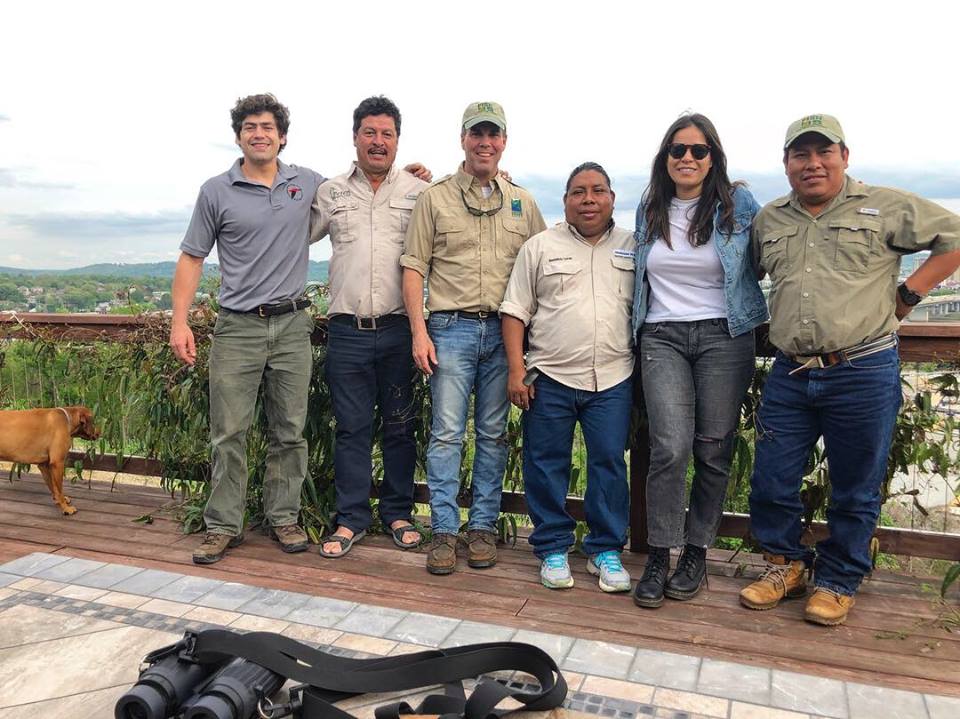
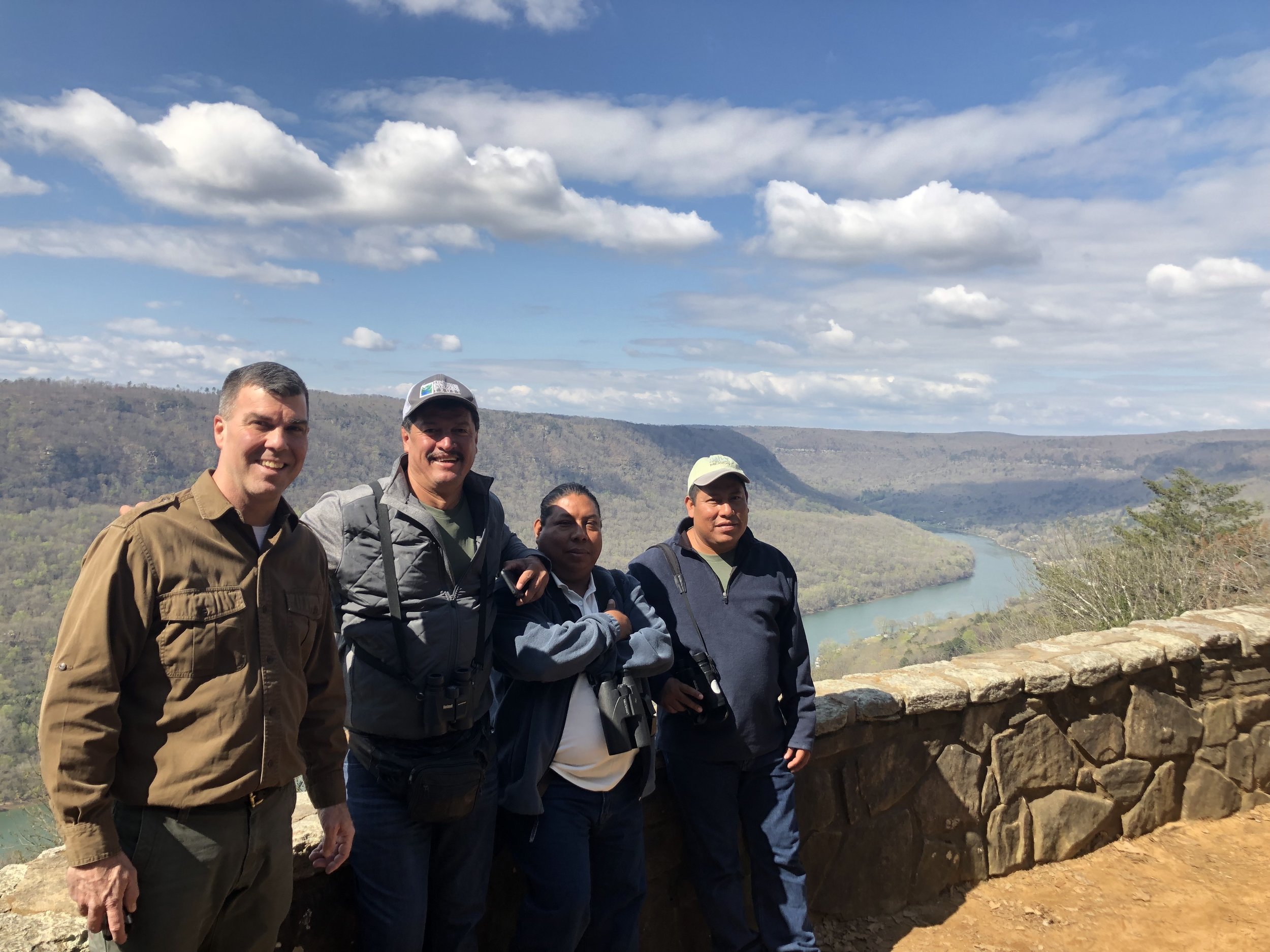
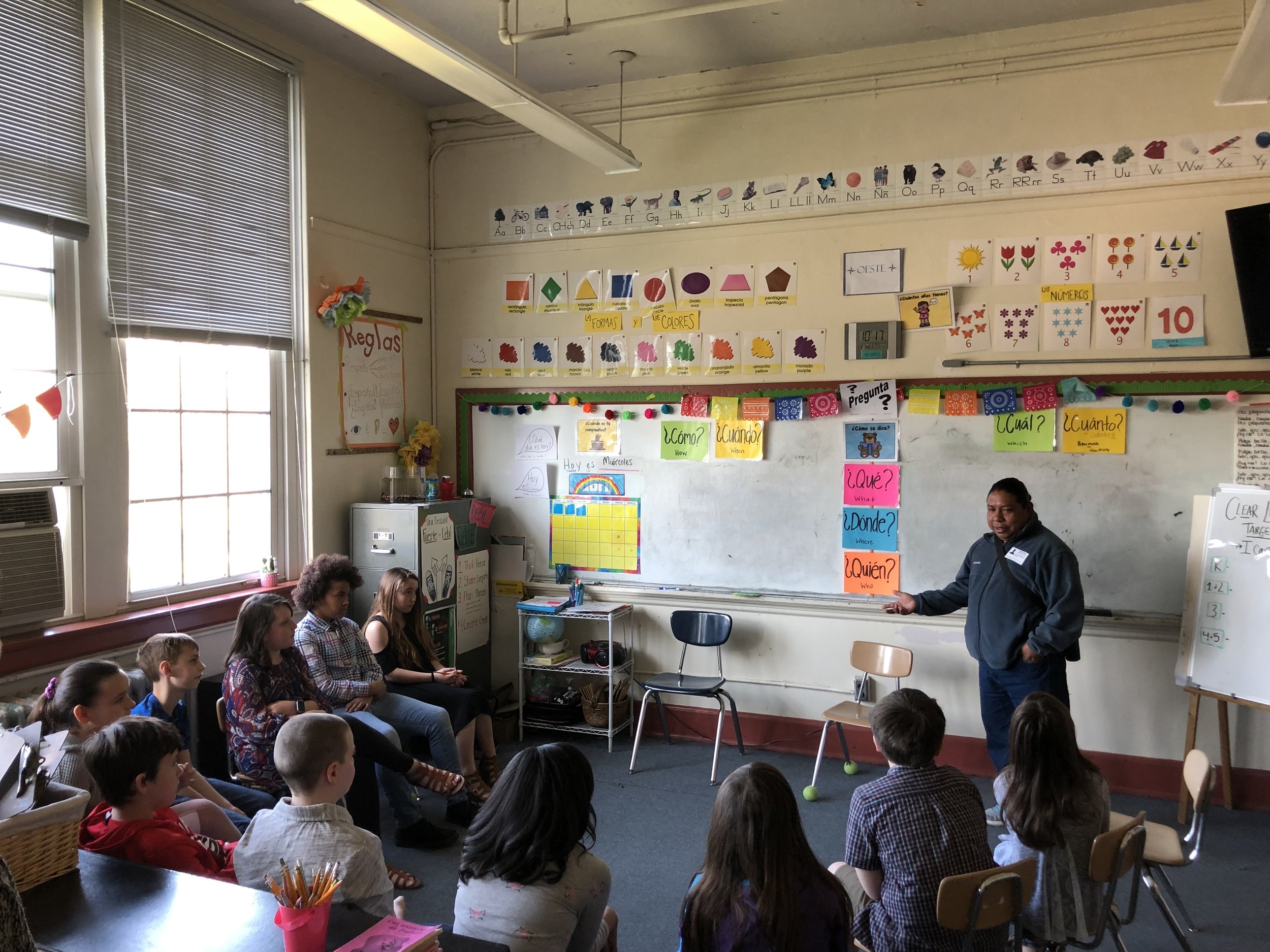
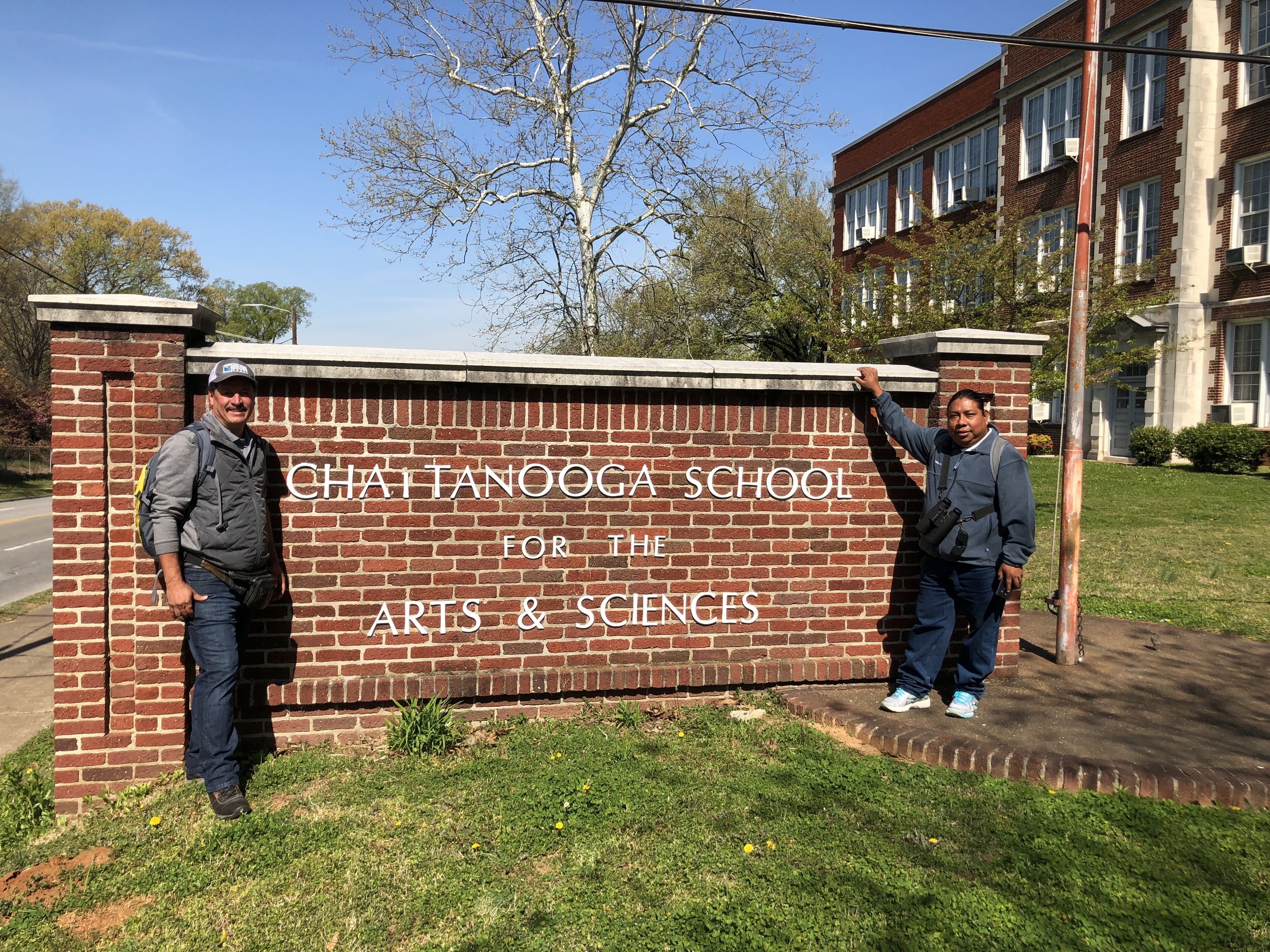
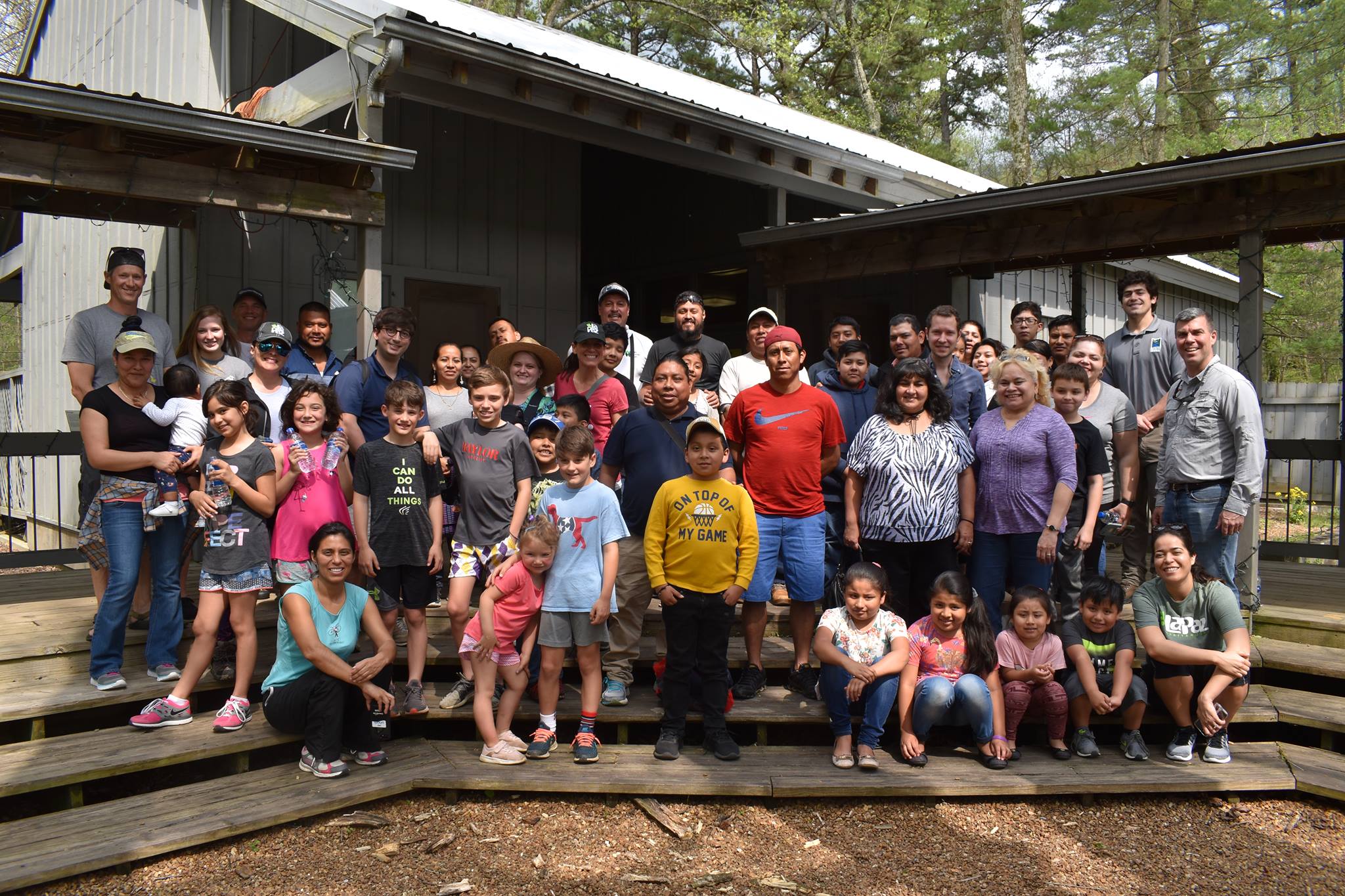
This project was funded by the Lyndhurst Foundation
